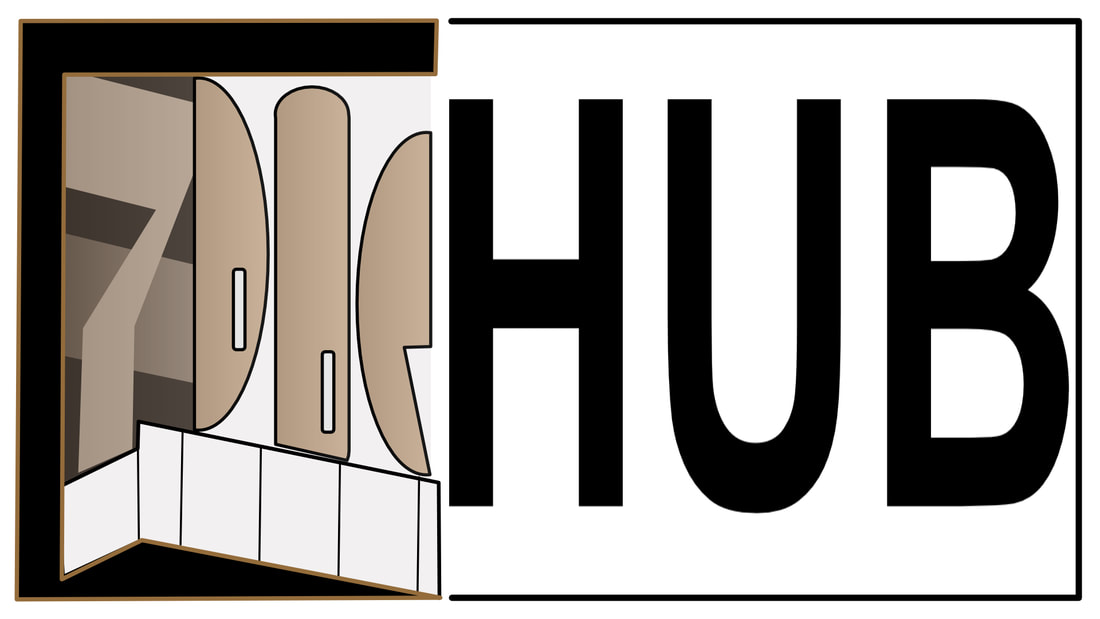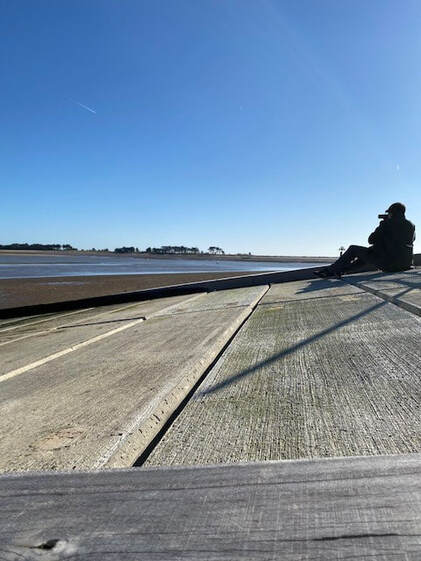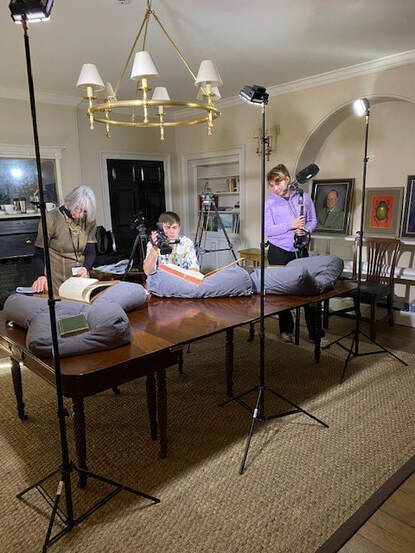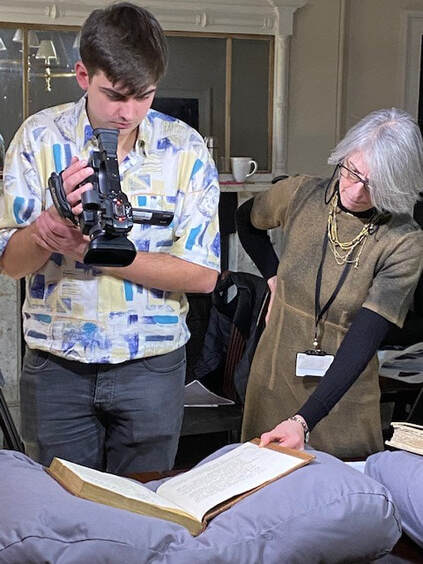|
I've never considered myself a lucky person. I've had my fair share of opportunities but lucky? Nope……and yet. Standing on the beach at Wells Next The Sea, with the sun glaring down and a seal chilling on a sand dune before me, while I bossed (some call it directing apparently) a dynamic cinematographer and a production assistant around, I certainly felt a sense of luck. And yet….this situation arose from ‘opportunity’. I say opportunity purposefully and I mean opportunity not AN opportunity. Some given, some created and here lies the core of this blog: What to do with fantastic opportunities and where to find them. It's likely that the story of exactly how I came to be standing on a beach filming with a crew will give a better, more interesting account than anything else I could offer to help you understand about the power of opportunity. So here goes: I'm a student, a Film Studies student at DMU, currently coming to the end of my second year. Through my first year (and my first pandemic!) I quickly realised that I could get through uni without getting too involved. I could attend my classes and do my assignments and that would be that. I would work hard, get a first and go on to do an MA. But deep down that wasn’t what I wanted or expected for my university experience. I wanted to learn about film and watch films, yes, but I also wanted to be involved in the creation of film in all, and any way possible. So, without absolute opportunities handed to me on a plate, I looked for them. It wasn't until the beginning of the second year that I started a new module called ‘Professional Practice - Film Festivals' that I saw the perfect opportunity. I knew when I chose this module that this was the opportunity I craved. It had opportunity written all over it, even if this went above and beyond the needs of the module. A year of learning, planning, developing, and then running a film festival was just full of potential! So, I threw myself into it and looked for and created the opportunities I had been wanting. The module required us students to come up with an idea for a film festival which we would have to pitch to film professionals, peers and lecturers who would then vote on the one they thought would fit the brief best. Then the chosen idea would become a fully-fledged film festival. I am lucky enough to have a passion for history and in my spare time when I am not watching or involved in films, I am researching history, all parts of history in an attempt to broaden my knowledge, or at least write down where I found that knowledge online (to give me some credit I have a ton of books). Having previously written a piece about Leonardo da Vinci I was already aware of a document called the Codex Leicester - I knew it was historical, obviously, and had Leicester in the name, obviously, so it must be a good option, surely. The Codex Leicester is a manuscript written in around 1510 by Italian artist, scientist and utter genius Leonardo Da Vinci. Da Vinci is well known as a Renaissance painter with such works as The Last Supper and the Mona Lisa as well as The Vatruvian Man. He was born in Florence, Italy in 1452 and throughout his life had an unlimited desire for knowledge. As well as being a painter, he was a polymath, an engineer, an inventor and a theorist (to name a few). Quite simply the Codex Leicester was a book in which da Vinci had written about his theories in a type of coded handwriting. It was brought to England in 1717 by Mr Thomas Coke who just happened to also be the Earl of Leicester. Jump to 1994 and William Henry Gates III, aka Bill Gates, yes THE Bill Gates, purchased this book for over $30 million! Making it one of the most expensive books ever sold. Here we are with a link between Leicester, Leonard da Vinci and Bill Gates - it really was like something out of a film! Or certainly a film festival. And so I pitched my idea. And won - and yes, I did feel lucky at that point as there were some fantastic ideas from the other students too. So the Codex Leicester Film Festival was born and with it a ton of other opportunities. Although this was not part of the aims of the module, I saw another opportunity to create a short documentary about the Codex Leicester that could be screened at the film festival. I emailed everyone that had the slightest link to the Codex Leicester, including The British Library, a Leicester historian, the ancestral home of Thomas Coke and yes, Bill Gates. The Leicester historian emailed back (which I will talk about later) and so did the curator of manuscripts at the ancestral home of Thomas Coke, Holkham Hall in Norfolk. After a bit of negotiation, the curator at Holkham Hall agreed to an interview and for us to create a short film about Thomas Coke and his link to the Codex Leicester (they have a facsimile of the original at Holkham). I sent out an email to all film studies students asking for a cinematographer, editor and production assistant. The opportunities were growing not just for myself! So in late March on a beautiful sunny day, myself and a camera crew (all first year students at DMU) who themselves had recognised a great opportunity, set off for Norfolk (I say a beautiful sunny day but it was still pitch black when we left!). We spent 14 hours together filming the beach, the interior and exterior of Holkham Hall, the interview with the curator as well as the books linked to the Codex Leicester. It was an utterly wonderful experience and one I will never forget. We came back to Leicester exhausted but excited to hand all our hard work over to another, exceptionally talented first year student to edit. The turnaround time was 10 days (I’m still staggered at this) and although we will continue to edit and probably revisit for more filming, a version of the documentary was screened at the Codex Leicester Film Festival Celebration Event! Which was then seen by film professionals, students and lecturers and plans are being made for this film to go on to be shown at local venues next year. What an opportunity. But the legacy goes on. Not only did the documentary happen and those involved benefited greatly, but also a number of other opportunities are ongoing today. As for the Leicester historian, we are just about to start working on a different documentary about another manuscript called the Codex Leicestrensis that is actually in Leicester. It predates the da Vinci codex and I got to see the original at the records office. Without the new opportunity that I created from the one I was given, I would never have started what I’m working on now. The moral of the story: if you can - use, create and take all the opportunities that open up to you. You never know where it might lead. Author  Miranda Loveridge-Graham is a Film Studies Student at DMU. She is the owner of ManuScript Media as well as the Director of ManuScript Theatre Company. Miranda is currently the Head of Volunteers for the UK Asian Film Festival Leicester and is involved in a number of other projects. Contact [email protected] for further information.
0 Comments
Leave a Reply. |




 RSS Feed
RSS Feed